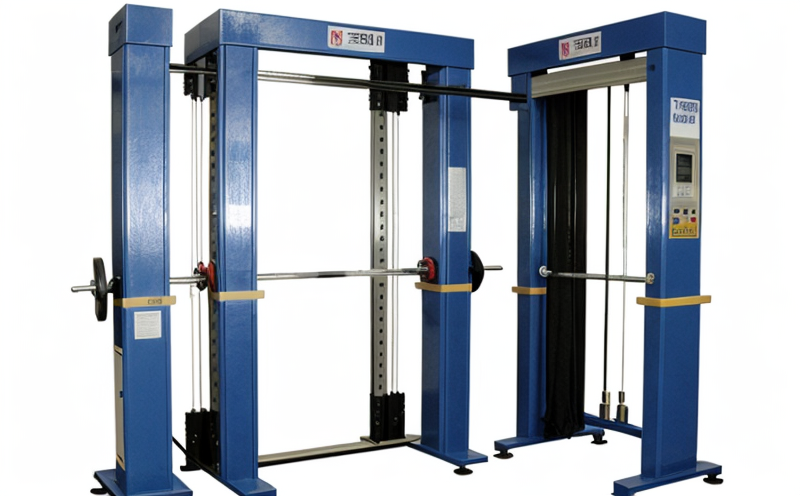EN ISO 13936 Fabric slippage resistance of yarns at a seam
The EN ISO 13936 test is specifically designed to evaluate the fabric slippage resistance of yarns at seams, which is critical for ensuring durability and preventing potential failures in textile products. This test is particularly important in sectors such as automotive upholstery, outdoor gear manufacturing, and construction materials where seam integrity plays a key role.
The test method involves clamping two specimens together with the seam under tension. The yarns are then subjected to an applied force until slippage occurs or the specified load limit is reached. This procedure simulates real-world stress conditions that seams encounter during use, such as stretching and bending. Compliance with this standard ensures that products not only meet performance expectations but also adhere to international quality benchmarks.
Key parameters in this test include the type of fabric used (e.g., polyester blends), seam construction details like stitch length and density, and the applied load at which slippage occurs. Understanding these variables is essential for achieving accurate results and ensuring product reliability. For instance, a longer stitch length may provide more flexibility but could reduce resistance to slippage, affecting overall performance.
Instrumentation used in this test typically includes specialized testing machines capable of applying controlled loads while monitoring seam behavior. These machines are calibrated according to ISO standards to ensure consistent and repeatable measurements across multiple samples. Proper specimen preparation is also crucial; it involves ensuring that the sample represents the actual product design accurately, including correct positioning of seams.
Reporting from this test provides valuable insights into fabric performance under specific loading conditions. Results can indicate whether a particular yarn or seam configuration meets industry standards and customer requirements. This information is indispensable for quality assurance teams looking to improve product longevity and meet regulatory expectations.
- Clamping Force: The force applied to the specimens during testing must be precisely controlled to ensure accurate slippage detection.
- Load Cell Accuracy: High precision load cells are necessary for measuring the applied forces accurately throughout the test duration.
- Environmental Conditions: Maintaining consistent environmental conditions (temperature and humidity) helps in obtaining reliable results by minimizing variability due to external factors.
Eurolab Advantages
At Eurolab, we pride ourselves on offering comprehensive textile testing services tailored specifically for EN ISO 13936 compliance. Our state-of-the-art facilities equipped with advanced instrumentation guarantee accurate and consistent results every time.
We employ highly skilled technicians who are experts in performing this type of complex test, ensuring that each sample is handled meticulously from preparation through final analysis. This level of expertise allows us to deliver reliable data swiftly, enabling quicker decision-making processes within your organization.
In addition to our technical capabilities, Eurolab offers a range of additional benefits including:
- Comprehensive Reporting: Detailed reports tailored to meet your specific needs, highlighting key findings and recommendations for improvement.
- Fast Turnaround Times: Expedited services available upon request, allowing you to get back to business sooner.
- Compliance Support: Assistance with interpreting standards and guidelines relevant to your industry sector.
Why Choose This Test
- International Recognition: Adherence to EN ISO standards enhances your company's reputation globally, ensuring compliance with recognized international benchmarks.
- Improved Product Quality: Identifying issues early allows for corrective actions that enhance product reliability and user satisfaction.
- Cost Savings: Preventing defects during production reduces waste and rework costs significantly.
Quality and Reliability Assurance
At Eurolab, we understand the critical importance of quality assurance in maintaining high standards across all our services. Our EN ISO 13936 testing not only meets but exceeds industry expectations by providing precise measurements and thorough analysis.
We invest heavily in training our staff to stay updated with the latest techniques and technologies, ensuring that they are always at the forefront of their field. Furthermore, rigorous quality control measures are implemented throughout every stage of our process—from initial consultation through final report issuance—to guarantee accuracy and reliability.
Our commitment to excellence extends beyond just technical proficiency; it also encompasses customer satisfaction. We work closely with clients to understand their unique requirements and tailor our services accordingly, delivering solutions that best fit their needs.





